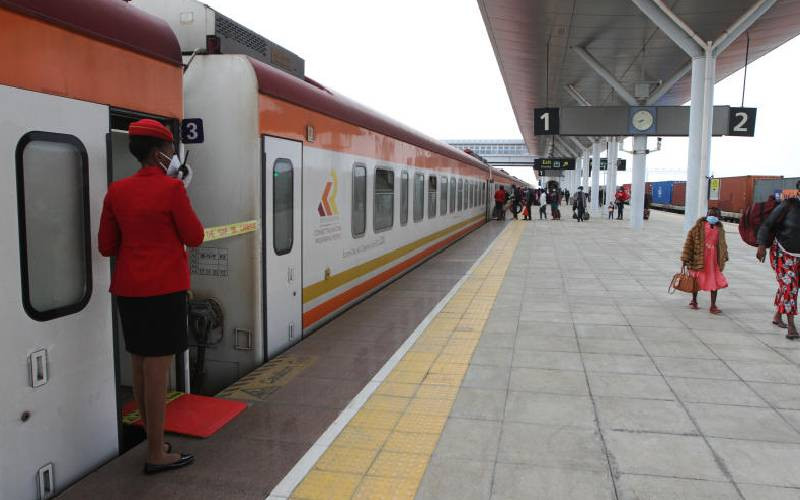×
The Standard e-Paper
Fearless, Trusted News
Following the announcement of the Kenya Certificate of Primary Education (KCPE) results by Education Cabinet Secretary Jacob Kaimenyi, there have been discussions about scrapping of the school ranking system.
Students, parents, teachers and other interest groups should greatly appreciate the outpouring of public and private support either in support of or against the ranking tradition.







